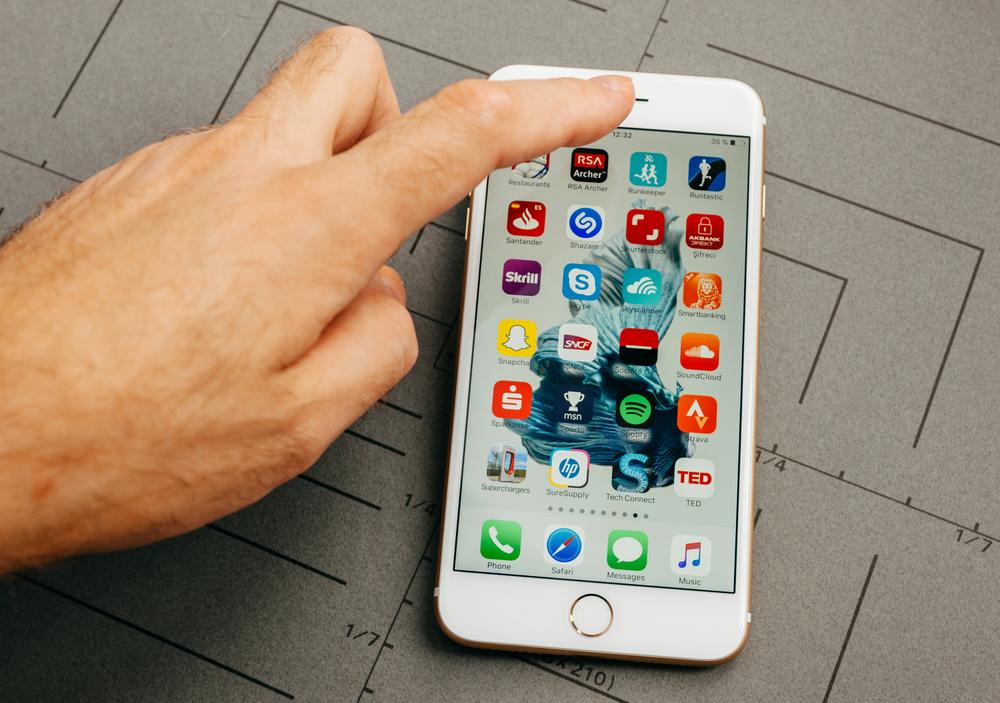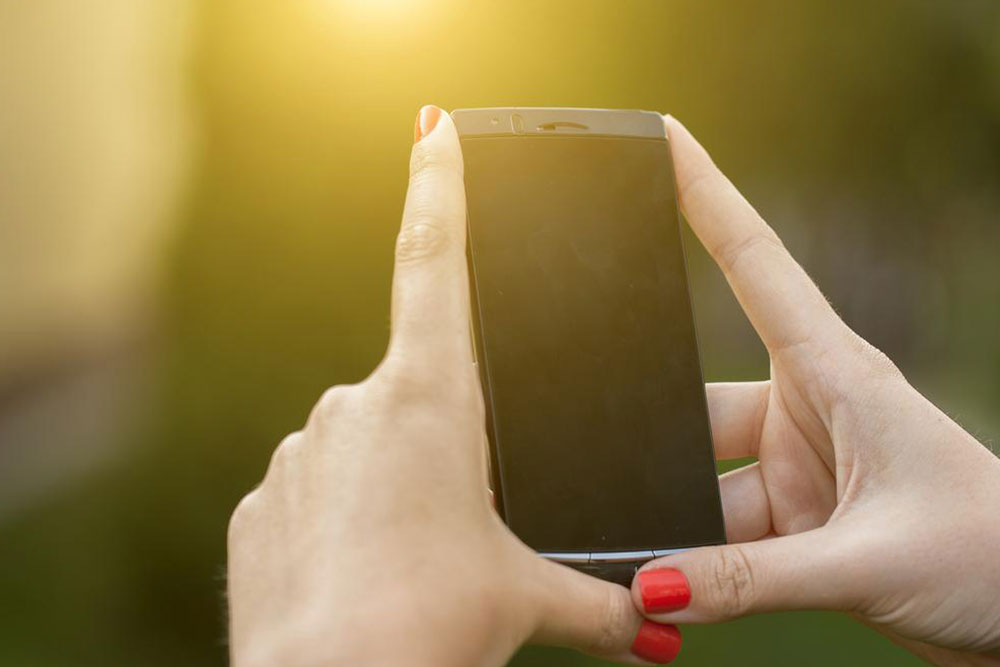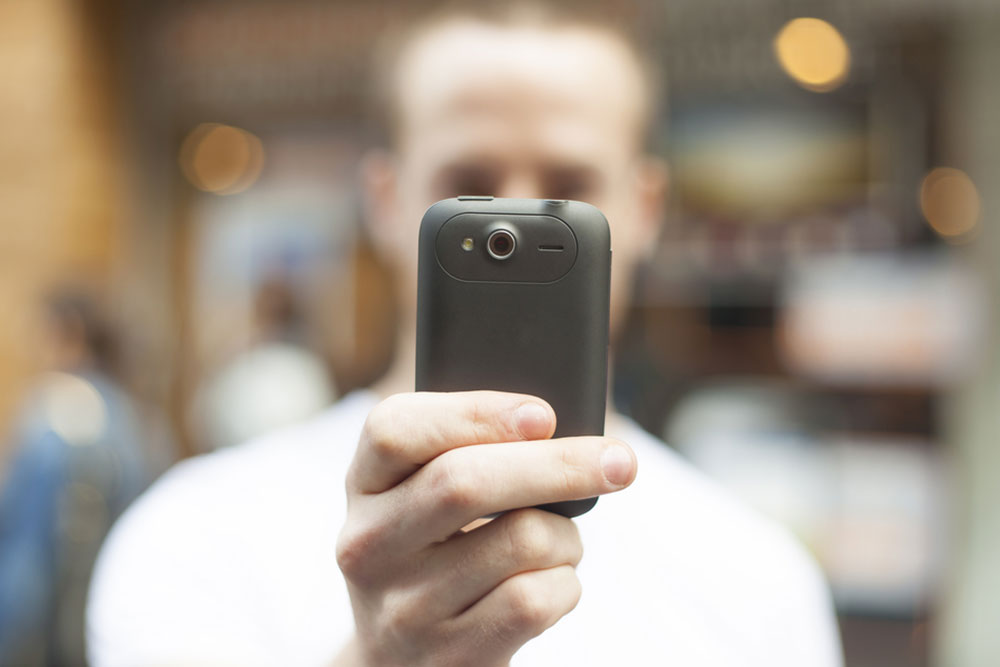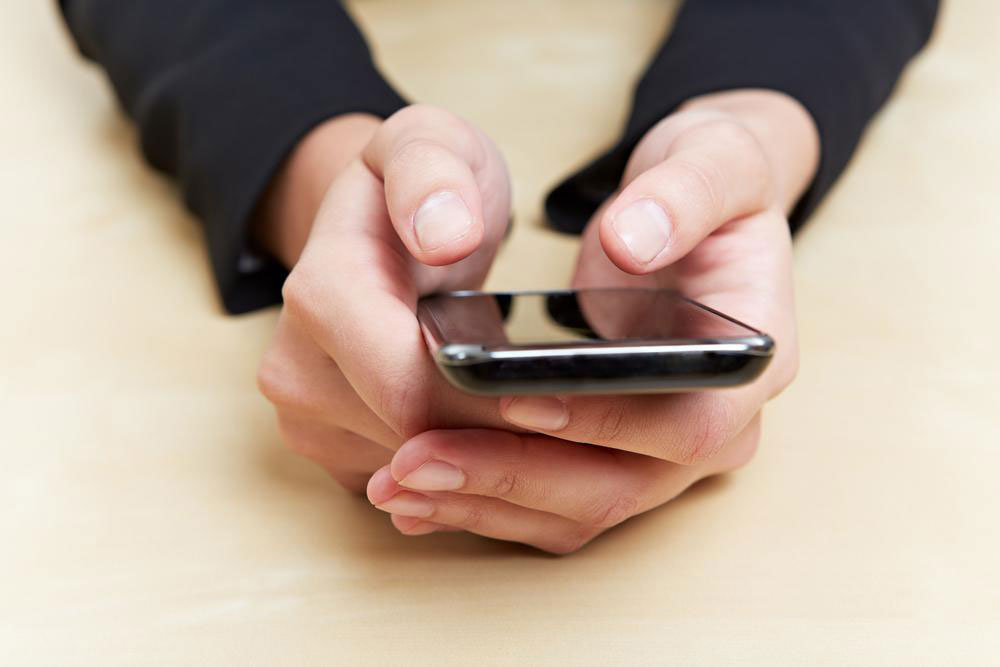Smart Shopping Guide for Buying a Used iPhone: Tips to Ensure a Safe and Cost-Effective Purchase
Discover comprehensive tips for purchasing a used iPhone safely and affordably. Learn how to verify carrier compatibility, avoid stolen devices, check warranty status, and evaluate the device's condition to make informed decisions. This guide ensures you can secure a reliable secondhand iPhone that suits your needs while saving money and avoiding common pitfalls. Perfect for budget-conscious tech enthusiasts and first-time buyers, the article provides insights into the secondary market for iPhones, helping you navigate online listings and reseller options with confidence.
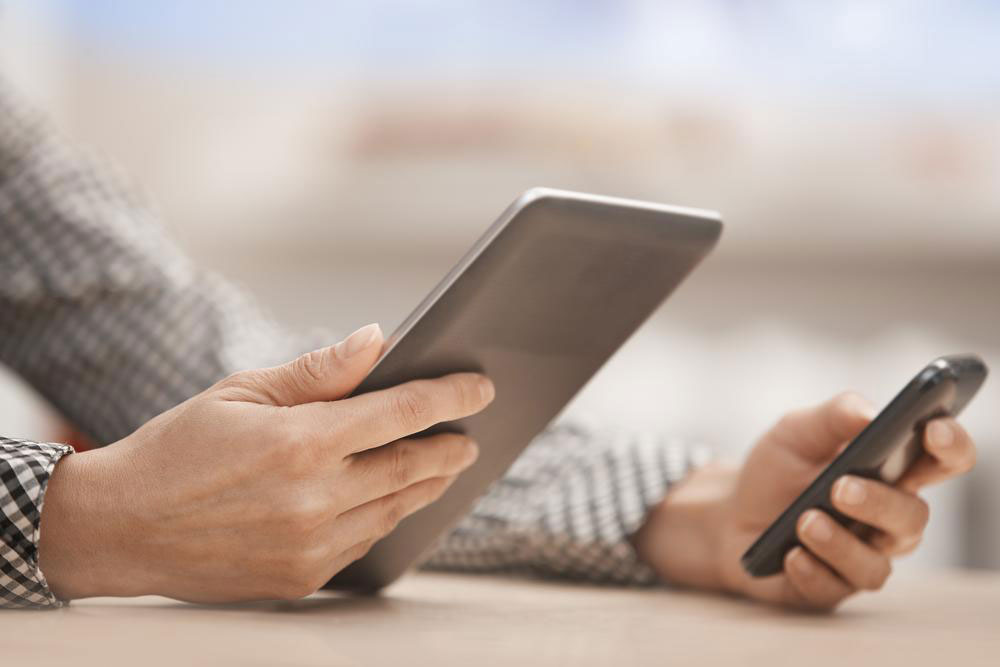
Smart Shopping Guide for Buying a Used iPhone: Tips to Ensure a Safe and Cost-Effective Purchase
Acquiring a high-quality used iPhone at an affordable price involves more than just looking for a good deal. It requires careful research, understanding of key factors, and awareness of potential pitfalls. While purchasing brand-new iPhones can be costly, opting for a well-chosen used device can provide significant savings while still offering excellent performance. However, buyers need to be cautious and informed to avoid pitfalls such as incompatible devices, stolen phones, or counterfeit products. This comprehensive guide will provide you with essential tips and insights to make your used iPhone shopping experience both safe and satisfactory.
iPhones are among the most popular smartphones worldwide, appreciated for their robust build, seamless user experience, and consistent updates. Because of their popularity, they are rarely deeply discounted, making resale or secondhand markets a valuable resource for budget-conscious consumers. By understanding what to look for and how to verify the legitimacy and condition of used iPhones, buyers can confidently navigate the secondary market. From compatibility considerations to warranty options and verification of device authenticity, this article covers all critical aspects to ensure your used iPhone purchase meets your expectations and needs.
Carrier Compatibility: Ensuring Your Used iPhone Works Perfectly with Your Network
When buying a used iPhone, one of the first things to verify is whether the device is compatible with your carrier. Most modern iPhones, particularly those from the iPhone 5 onward, are designed to work across major U.S. carriers like AT&T, T-Mobile, and Verizon. Nevertheless, certain models or regional variants might be restricted to specific networks, especially in regions outside the U.S. Compatibility includes checking whether the device supports the necessary LTE bands for your carrier, which affects data speed and network stability. Always verify the original carrier of the device and cross-reference the model number provided by the seller with official carrier lists to avoid issues post-purchase.
Beware of Stolen or Blacklisted Phones
Another critical consideration is avoiding stolen or blacklisted devices. Stolen iPhones may be sold at lower prices but carry significant risks, including legal issues and potential inability to activate or use the device. Apple’s security feature, Activation Lock, is designed to prevent stolen devices from being used without proper authorization. However, resourceful thieves sometimes attempt to bypass these protections. Always ask the seller to provide proof of purchase or ownership documentation. Use online tools and IMEI checkers to verify whether the device has been reported lost or stolen, and ensure the phone isn't blacklisted.
Warranty Status and Authenticity Checks
When purchasing used iPhones, it's prudent to inquire about warranty status, especially for models like iPhone X or newer. Apple offers limited warranties, and some sellers may offer their own warranty or return policy. Confirm whether the device is authentic by checking the serial number on Apple’s official website or contacting Apple support. Authentic devices are less likely to have hardware or software issues, saving you from potential frustrations and additional costs.
Evaluating Features and Price
While planning your purchase, evaluate whether the used iPhone meets your specific needs. Older models like iPhone 7 or iPhone 8 are still capable devices, but they may lack some features or have reduced battery life. Check the condition of the device—screen, buttons, camera, and battery health—before buying. Compare prices across different sellers, considering factors like device condition, included accessories, and warranty offers. Sometimes, investing a little more for a slightly newer model can provide better long-term value.
Numerous online marketplaces such as eBay, Swappa, or certified refurbished stores list used iPhones from reputable resellers. When shopping online, always review seller ratings and feedback. After purchasing, activate your device promptly to test its functionality, and ensure it is unlocked if you plan to switch carriers. Following these tips can dramatically enhance your chances of securing a reliable used iPhone that fits your budget and meets your expectations.
